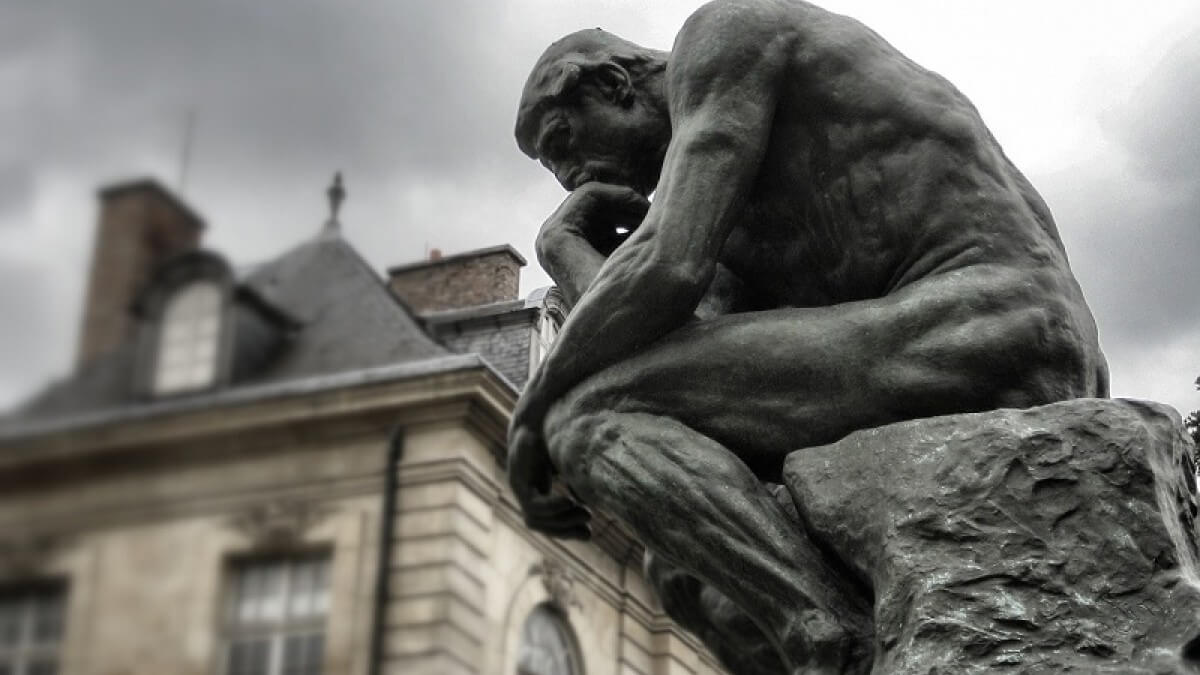What is the Relationship Between Philosophy and Psychology?


Written and verified by the psychologist Gema Sánchez Cuevas
Philosophy and psychology are two fields of study with a common place in history. Psychology arises out of philosophy. It arose in order to include the empirical method when examining questions posed by philosophy. Therefore, philosophy has brought various topics of study to the field of psychology, like sensation, perception, intelligence, and memory.
In contrast, the solutions that each field gives are different. Although they share subjects of study, they have different points of view. Even using the same theories, philosophy and psychology often do not come to the same conclusions. Therefore, the professionals in each field sometimes see themselves as opponents.

Psychology and philosophy
The word “psychology” comes from the Greek words “psyche” and “logos”. Respectively, these mean “soul” and “study”. Therefore, psychology means the study of the soul. In a simple way, we could say that psychology is the science responsible for the study of the human mind and behavior.
It aims to explain what happens in our “black box” and how these events affect our way of acting, considering the stimuli we receive too. Psychology also aspires to understand how people receive and interpret information that comes to them through their senses.
Now, the term philosophy comes from the Greek words “philo” and “sophia” which mean “love of wisdom”. The purpose of philosophy is to solve problems that occur in reality.
It focuses on the study of a variety of perhaps more transcendent problems. They include existence, knowledge, truth, morals, beauty, the mind, and language. It generally performs its research in a non-empirical way. It could be through conceptual analysis, mental experiments, speculation, or other a priori methods.

Similarities between philosophy and psychology
Psychology depends on philosophy for several reasons. First of all, philosophy gives psychology a general vision of being human. This is the basis for a good part of psychological theories. The inverse relationship is also true. Philosophy sometimes uses scientific methodology to achieve its objectives. Both share theories and objects of studies.
Another similarity is that philosophy has contributed some topics to psychology. Some examples are sensation, perception, intelligence, memory, and will. As we said, both share objects of study, although their ways of studying them and the answers they give differ.
On the other hand, philosophy fits into psychology in two ways. One, through the relative hypotheses: the mind and proper ways of studying it. Two, through the general principles underlying scientific research.
Differences between philosophy and psychology
Although both disciplines examine the behaviors of people, they do differ. Some differences are in their methodologies, purposes, and whether or not they take morality into account.
Regarding the method, philosophy works with conceptual categories and the relationships that exist between them. Therefore, it is open to any method.
Psychology, on the other hand, relies on the empirical and statistical. It uses quantitative and qualitative research. It focuses on experiments and the empirical test of hypotheses. Experiments are a way to understand our behavior and validate the tools, such as therapies, we have.
Regarding the end goals of each field, philosophy has more intellectual purposes while psychology focuses on therapy and intervention. Philosophy creates philosophical systems or categories that serve to explain reality. Psychology, instead of studying a whole like philosophy, seeks to isolate individual variables of human behavior.
Therefore, psychological theories consider our biology. One example is the study of our brain chemistry. Furthermore, psychology considers individual differences. After all, no one imitates the behavior of another person exactly, even in the same circumstances.

Morality
Another big difference between the two lies in their conception of morality. Philosophy seeks to explain everything, which includes right ways of behaving. Philosophy sometimes describes what is right and what is wrong.
On the other hand, psychology does not enter into this debate. Although psychology has proposed scales of ethics and morality, its objective is not to study what is moral and what is not, but rather what different morals exist.
Philosophy and psychology study humans and their behaviors. They have similarities and differences, even interpreting the same things differently. Thus, the method that each one uses will condition the answers it gives. Even so, they do share some theories and results.
All cited sources were thoroughly reviewed by our team to ensure their quality, reliability, currency, and validity. The bibliography of this article was considered reliable and of academic or scientific accuracy.
- Botterill, G., & Carruthers, P. (1999). The philosophy of psychology. Cambridge University Press.
- Horgan, T., Horgan, T., & Tienson, J. (1996). Connectionism and the Philosophy of Psychology. Mit Press.
This text is provided for informational purposes only and does not replace consultation with a professional. If in doubt, consult your specialist.








